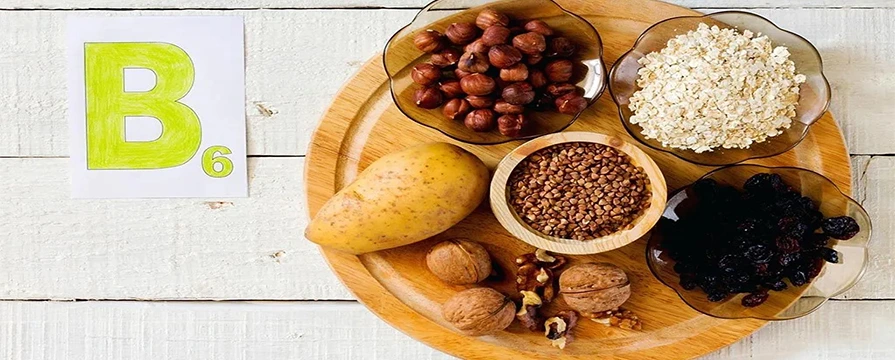It is essential for children’s general health and wellbeing to ensure good digestion. A healthy digestive tract enhances overall vitality maintains a robust immune system and aids in the efficient absorption of nutrients. Children’s bodies need certain vitamins as they grow in order to support and maintain a healthy digestive system. The digestive health of your child can be greatly impacted by a balanced diet high in these vitamins thus it’s crucial for their general nutrition.
We’ll look at the top 5 vitamins that help Digestion in Kids in this blog. These vitamins are essential for keeping your child’s digestive system functioning properly because they support healthy digestion and help absorb nutrients. Knowing the advantages of these vitamins will enable you to make educated food decisions that improve your child’s general health and digestive system.
Not only may adding these vital vitamins to your child’s diet help with digestion, but it also promotes healthy growth and development in general. You may improve your child’s digestive health and encourage a more balanced, healthful lifestyle by emphasizing these essential nutrients. See our comprehensive guide on improving Digestion in Kids for additional information on how to do so.
Here are the Top 5 Vitamins that Support Digestion in Kids
1. Vitamin A:
Maintaining mucous membrane health throughout the digestive tract requires vitamin A. These membranes which border the intestines and stomach are essential for preventing inflammation and infections. Adequate amounts of vitamin A contribute to the integrity and optimal performance of these membranes. Studies have indicated that vitamin A deficiency in children might result in gastrointestinal problems such diarrhea and malabsorption. Consuming vitamin A-rich foods like sweet potatoes, carrots and leafy greens can help maintain the resilience and health of your child’s digestive system.
2. Vitamin B Complex:
The B vitamins which include thiamine (B1), riboflavin (B2), niacin (B3), pyridoxine (B6) and cobalamin (B12) work together to assist digestion and the absorption of nutrients. These vitamins are essential for the breakdown of proteins, lipids and carbs and help turn food into energy. A child’s general digestive health and gastrointestinal function are linked to getting enough B vitamins. To guarantee your child gets enough of these vital nutrients, provide a range of foods such as whole grains, lean meats, eggs and dairy products.
3. Vitamin C:
Strong antioxidants like vitamin C help to maintain the integrity of the digestive system and boost immunity. It contributes to the manufacture of collagen which is necessary for the gut lining to remain healthy. Children who don’t get enough vitamin C may develop gastrointestinal issues like gastritis and peptic ulcers. Vitamin C-rich fruits and vegetables, such as bell peppers, oranges and strawberries can shield your child’s digestive system against potential problems caused by a lack.
4. Vitamin D
In order to absorb calcium and maintain strong bones and teeth vitamin D is essential. It also helps to maintain immunological response and control intestinal inflammation. Inflammatory bowel illnesses and other gastrointestinal disorders in children have been related to vitamin D deficiency. Vitamin D-rich foods include eggs, fatty fish and fortified milk. Making sure your child consumes enough of this vitamin will improve general digestive health and lower their chance of developing illnesses linked to it.
5. Vitamin E
As an antioxidant vitamin E guards against free radical damage to cell membranes. It helps keep the immune system strong and the digestive tract’s nerves functioning normally. Vitamin E supplements have demonstrated potential advantages in the treatment of gastrointestinal problems in children, including irritable bowel syndrome and inflammatory bowel disease. Rich in Vitamin E, nuts, seeds and leafy green vegetables can help keep your child’s digestive system in good working order.
Conclusion
To support their general health and digestion, make sure your youngster gets enough of these critical vitamins. Each of the vitamins A, B complex, C, D and E has a distinct yet important function in keeping the digestive system in good condition. You may assist your child’s immune system improve overall health, and improve digestion by including foods high in these vitamins in their diet.
Check out our comprehensive resources on Digestion in Kids for additional advice on how to help kids digest food better and make sure they get the nutrients they need. Your child’s development and digestive health will be greatly enhanced by a balanced diet rich in these vital vitamins.




